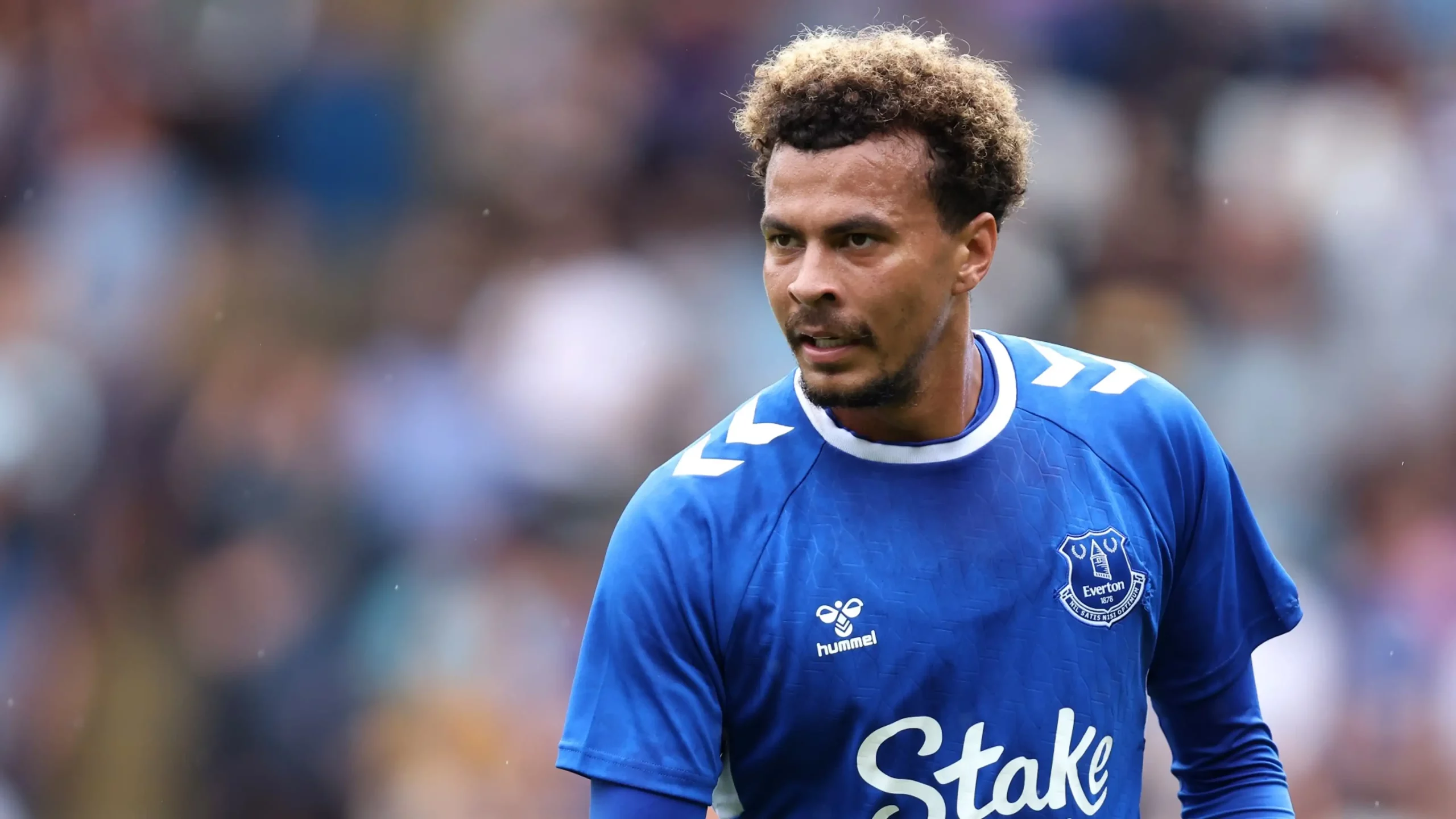Dele Alli Nigeria: Latest News & Updates
The subject involves an English professional footballer, Dele Alli, and his connection to the West African nation of Nigeria. This association stems from his paternal heritage, as his father is of Nigerian descent. However, Dele Alli has represented England at the international level throughout his career.
Understanding this biographical detail provides context to discussions about eligibility for national teams and the global movement of football talent. It also highlights the diverse backgrounds of many prominent athletes and the complex relationships they may have with different nations. This heritage can influence identity, fan support, and media narratives surrounding the player.
Further analysis can explore his career trajectory, his decision to represent England instead of Nigeria, and the broader implications of dual nationality in professional sports. These facets allow for a richer comprehension of the individual's profile and the socio-cultural landscape of modern football.
- Vick Hope Bio Age Wiki Facts And
- Xochitl Gomez Siblings Does She Have Any
- Brandon Charnas Bio Age Wiki Facts And
- Is Wade Eastwood Related To Clint Eastwood
- Hgtv S Designer David Bromstad Has A
Frequently Asked Questions
The following addresses common inquiries regarding the relationship between a prominent footballer and Nigeria, given his dual heritage.
Question 1: Is Dele Alli Nigerian?
Dele Alli's father is Nigerian, making him of Nigerian descent. However, he was born and raised in England.
- What Happened To Tina Turner S Sister
- Is Tyler Langford Based On A Real
- Sharon Case Net Worth Husband Married Children
- Christian Kirk Wife To Be Ozzy Ozkan
- Young Thug S Children Know Them All
Question 2: Why does Dele Alli play for England and not Nigeria?
Dele Alli was eligible to represent both England and Nigeria. He chose to represent England and has played for their national team at various levels.
Question 3: Has Dele Alli ever played for the Nigerian national team?
No, Dele Alli has never played for the Nigerian national team.
Question 4: Could Dele Alli still play for Nigeria?
Given his established international career with England, regulations likely prevent a switch to the Nigerian national team at this point.
Question 5: Does Dele Alli speak any Nigerian languages?
Information regarding Dele Alli's fluency in any Nigerian languages is not widely available.
Question 6: How does his Nigerian heritage influence his identity?
While he represents England, his Nigerian heritage is a part of his background, shaping his identity and potentially influencing his perspective on the world.
The information provided clarifies the player's eligibility and representation, stemming from his paternal Nigerian lineage. It highlights the importance of understanding individual choices and FIFA regulations regarding international football.
The subsequent section delves into the player's career trajectory and performance metrics.
Considerations Regarding Player Nationality and Representation
The following points outline key aspects related to a footballer of Nigerian descent representing a nation other than Nigeria.
Tip 1: Understand FIFA Eligibility Rules: Eligibility to represent a nation is governed by FIFA regulations, encompassing birthright, residency, and participation in youth national teams. Thorough comprehension of these rules is essential.
Tip 2: Respect Player's Choice: A player's decision to represent a particular national team should be respected. Factors influencing this decision can include personal connections, career opportunities, and sporting aspirations.
Tip 3: Acknowledge Dual Heritage: Players with dual heritage embody a blend of cultures and nationalities. Recognition of this complex identity fosters inclusivity and avoids generalizations.
Tip 4: Avoid Assumptions Based on Ancestry: Presumptions about a player's allegiance solely based on ancestry are inaccurate. Consider their upbringing, formative football experiences, and explicit declarations.
Tip 5: Analyze Media Representation: Critically assess media portrayals of players with dual nationalities. Scrutinize for biases and stereotypes that may oversimplify their identity or motivations.
Tip 6: Consider Career Trajectory: A player's career development, including opportunities within a specific national team program, can influence their international representation choices.
Tip 7: Recognize Economic Factors: Economic conditions in different countries can impact a player's decision, as representation may offer improved financial prospects and exposure.
These considerations emphasize the multifaceted nature of international football representation. They encourage informed discussion and discourage simplistic narratives.
The article will now proceed to summarize the key findings and provide a concluding statement.
Conclusion
This article has explored the connection between Dele Alli and Nigeria, clarifying that while he has Nigerian heritage through his father, he represents England internationally. The analysis covered his eligibility, his choice of national team, and related frequently asked questions. Considerations regarding dual heritage and international representation were also addressed.
Understanding the nuances of player eligibility and representation is crucial in modern football. Acknowledging the complexities of dual heritage and respecting individual choices fosters a more informed and inclusive perspective on the global game. Continued dialogue is necessary to navigate these issues effectively and avoid oversimplifications.
- Carolin Bacic Celebrity Wife Wiki Age Height
- Paula Harwood Bio Net Worth Height Career
- What Happened To Tina Turner S Sister
- Joe Barry Net Worth Is He Really
- Denise Nicholas Age Bio Wiki Height Net

Did Dele Alli stayed in Nigeria? Unraveling the Football Star's

Dele Alli feels refreshed, renewed and ready to push on Herald

Dele Alli Is Actually a Nigerian Prince by Birth, According to His Dad